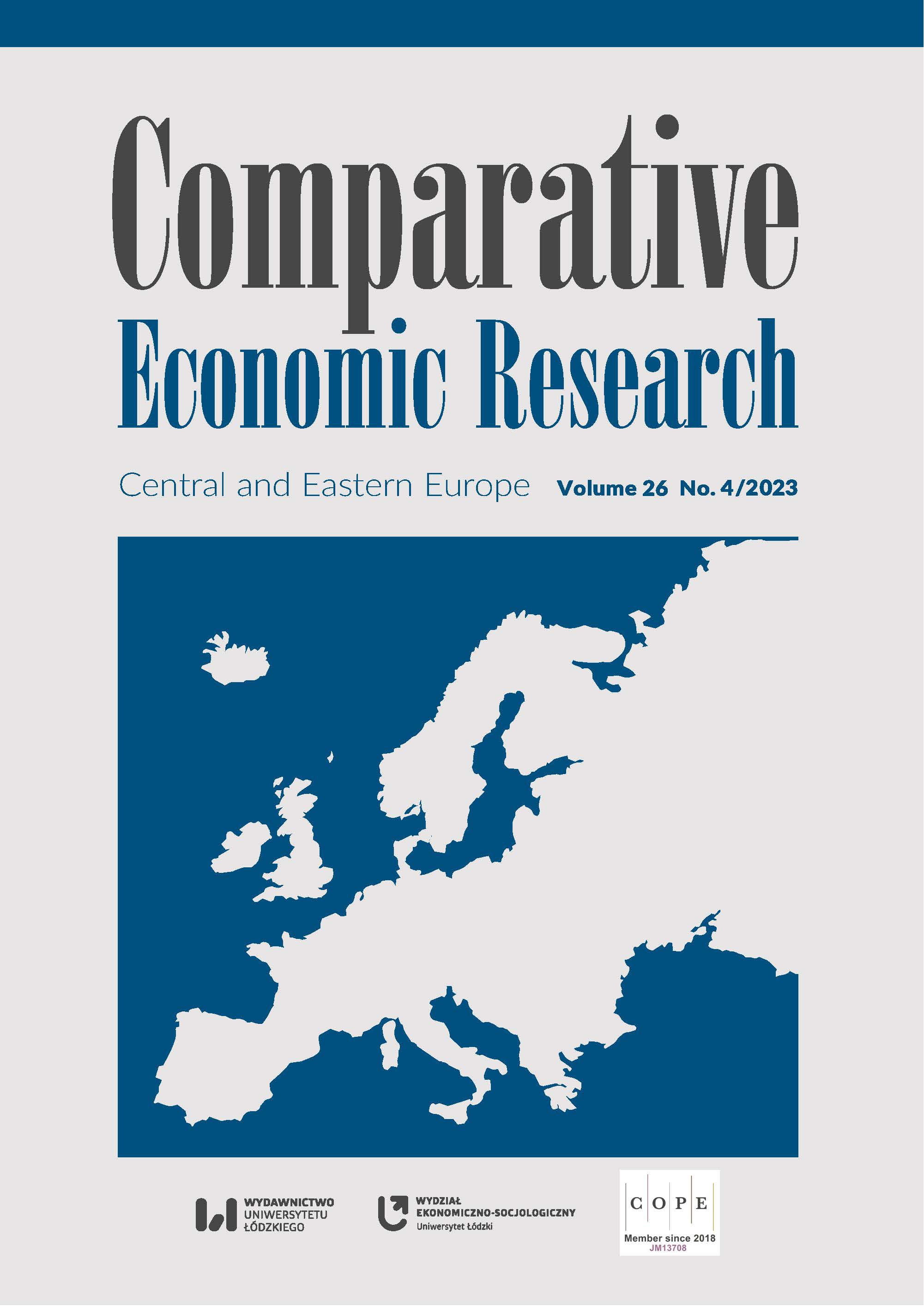Comparing COVID–19 Budgeting Responses: New Budgeting Principles that Resulted from the Pandemic
Comparing COVID–19 Budgeting Responses: New Budgeting Principles that Resulted from the Pandemic
Author(s): Tlektes Espolov, Aidos Espolov, Dariga Aitkozhina, Kanat TIREUOV, Sailaukhan Raiymbekov, Zhenisbek SuleimenovSubject(s): Business Economy / Management, Public Administration, Health and medicine and law
Published by: Wydawnictwo Uniwersytetu Łódzkiego
Keywords: administrative sovereignty; budget oversight; digital transformation; economic policy; public administration
Summary/Abstract: This study provides a comparative analysis of the budget limits of the Commonwealth of Independent States members, focusing on fiscal responses to the COVID crisis and options for improving the structure. The methodology comprised a statistical approach based on assessments of macroeconomic indicators for 2020–2021, as well as world rankings and several measurement systems. The following new budgeting principles were formulated as a result of the comparative analysis of public administration. The proposed principles focus on monitoring, assessing, and forecast data of long‑term sustainability management and other fiscal risks. The proposed budgeting principles could provide a country with the new opportunities needed to expand its potential during further economic advancement in global politics. The central result of this work is a renewed approach to budget management using data on the actual economic situation and adaptability to changes. The proposed budget management scheme lays the foundation for the future development of a country’s potential and aligns with the priority goals of the CIS member states in terms of democracy. The value of this research lies in presenting and summarizing the analysis of the budget management system and the detailing of budgetary policies to identify and reflect the political priorities of countries. This helps formulate recommendations and suggestions for improving the budgetary process, achieving a balanced distribution of resources, and attaining strategic development goals. The practical application of the findings will allow budget policy specialists, economists, and statisticians to become familiar with the changes in the institutional landscape amid COVID–19 and assess the situation in their region through the prism of administrative sovereignties.
Journal: Comparative Economic Research. Central and Eastern Europe
- Issue Year: 26/2023
- Issue No: 4
- Page Range: 7-25
- Page Count: 19
- Language: English

